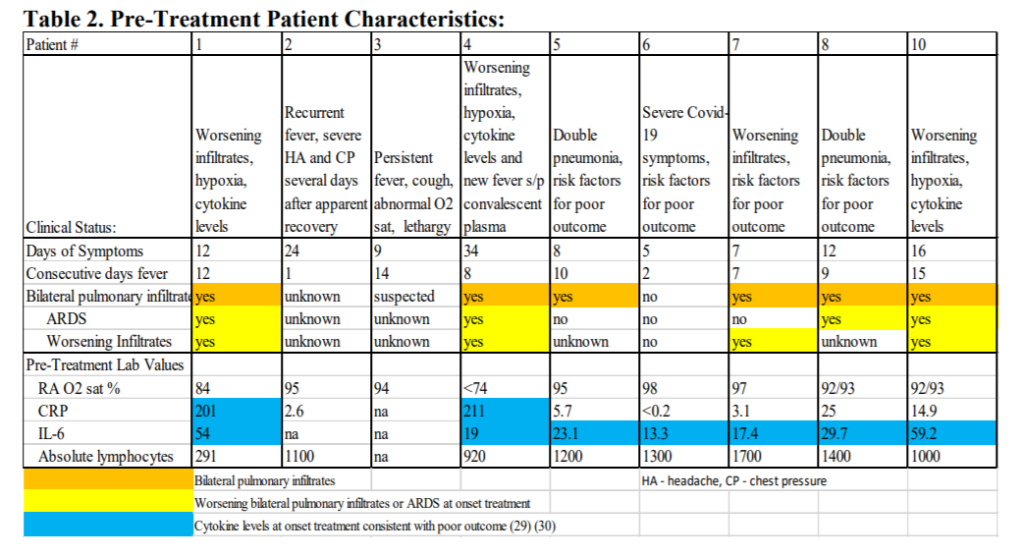Doctor’s Study Indicates COVID-19 Patients Improve with NMN Cocktail Treatment
COVID-19 patients treated with a nicotinamide mononucleotide (NMN) cocktail showed clinical improvements.
The molecule nicotinamide mononucleotide (NMN) is a promising anti-aging agent that boosts levels of an essential molecule for cellular energy generation and cellular health maintenance called nicotinamide adenine dinucleotide (NAD+). Increasing levels of NAD+ with its precursor NMN has reversed age-related reductions in function of the kidney, liver, brain, vascular, and immune systems in studies that used mice. Researchers have also proposed that boosting NAD+ levels can enhance the immune response to infections, including the SARS-CoV-2 infection.
Huizenga released a non-peer reviewed study where he used an NMN cocktail to treat older persons with SARS-CoV-2 infections and found rapid and dramatic improvements in clinical parameters with this therapeutic option. Notably, the patients had decreased inflammation markers and increased white blood cell (lymphocyte) counts in their blood following administration of the NMN cocktail.
Huizenga gave COVID-19 infected patients included in the study 83 cc of an NMN cocktail mixed with 400 cc of water drank twice daily before breakfast and dinner. The cocktail consisted of unspecified concentrations of over-the-counter NMN and three boosters that Huizenga believes may optimize activity of proteins dependent on NAD+ called sirtuins, which have essential roles in cellular health maintenance. The boosters included in the NMN cocktail consisted of a compound isolated from sugar beets called betaine to counter NAD+ breakdown or inhibition, sodium chloride to enhance NMN absorption in the body, and zinc to increase the function of nuclear factor erythroid 2-related factor 2 (Nrf2), a protein that protects cells from cellular stress damage from injury or inflammation.
The study included nine COVID-19 infected patients with an average age of 65 years old. These patients had other conditions (comorbidities), two having diabetes, five having pre-diabetes, two having significant heart disease, three on medicine for high blood pressure, and six having body mass indices that classified them as overweight. All nine of the patients had fever, cough, and lethargy, which left them mostly bedridden. Six of the nine patients had lost their sense of smell (anosmia), and five of the nine patients complained of having diarrhea.

NMN Was Associated with a Prompt Recovery
The patients were experiencing symptoms of the COVID-19 illness when Huizenga began administering the NMN cocktail to them, with the administration beginning in the range of five to 34 days after onset of the COVID-19 symptoms. Four of the nine patients were critically ill with worsening oxygen saturation levels, but the NMN cocktail induced prompt clinical improvements, including fever resolution within two to three days. Importantly, no patients required intensive unit care after their treatment. Huizenga did not include untreated patients infected with SARS-CoV-2 in his study for comparisons between treated and untreated groups.

Huizenga noted how far too many people are still dying of COVID-19 each day. “A recent study showed antibody levels peak three weeks post infection and then rapidly decline—indicating long lasting immunity—natural or vaccine induced may not be easily attainable. It is our joint responsibility to rapidly design, implement, and complete statistically sound studies of the most promising therapeutic agents against this disease. NMN with nicotinamide (NAM) feedback loop blockers, absorption enhancers and Nrf2 agonists is one such promising therapeutic approach,” stated Huizenga in his study.

